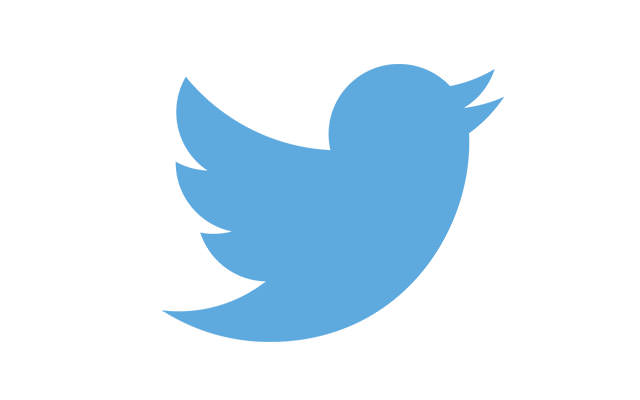I have been preaching through Galatians at the church where I serve as interim pastor, and lately I have wondered if I would be benefiting from Martin Luther’s commentary on Galatians if Twitter were around when he served the church. When you look at all Luther said, clearly not everything he said was great. In fact, he said some really bad things.
I wonder if Tozer’s The Knowledge of the Holy would be on my bookshelf and if the famous and epic statement “What comes into our minds when we think about God is the most important thing about us” would be as quoted by pastors all around the world if someone had been there to blog some of the stories about his imperfections.
Will we have fewer leaders like these men because social media enables imperfections to be captured so quickly and so permanently? We love the instant communication that social media affords us, but does the instant communication undermine the long time it takes for development and sanctification?
Perhaps some would argue that we would have a better Luther and a better Tozer if tweets, blogs, and forums had been around to sanctify those brothers, to “publicly hold them accountable.” Perhaps some would argue that they would have been put more quickly in a position to repent.
But just in case they are wrong, I am glad that Luther, Tozer, Wesley, and others predated tweets, likes, posts, and rants. For I am still benefiting from their ministries.
Perhaps the body of Christ would benefit from the body of Christ using social media more cautiously. I don’t feel we need more people who sense a calling to correct every single person every single time an erroneous statement is uttered. Speaking to an erroneous position that is gaining traction is one thing; living to call folks out on every sermon or statement is another. Rebuking those without repentance, in the hope that repentance will come, is one thing; seeking to tear down is quite another.






